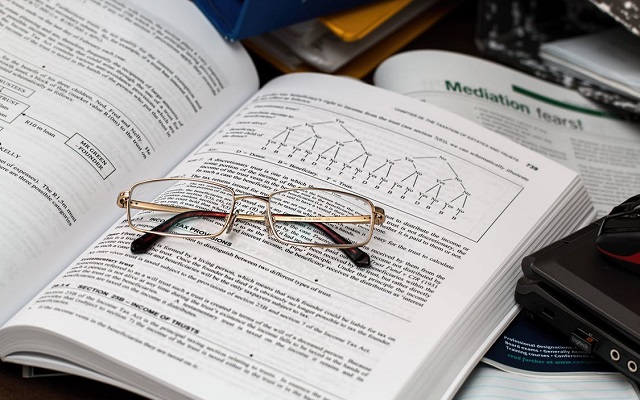Por:
María Isabel Cabarcas Aguilar
|
Fecha:
2023
Resumen:
Resulta innegable y, ciertamente evidente que en tiempos recientes avanza decididamente la paulatina, orgánica y considerable evolución de los roles tradicionalmente adjudicados a las mujeres, y especialmente a las mujeres miembros de los pueblos originarios. En la evolución histórica de las dinámicas familiares, territoriales, políticas, culturales, económicas y sociales, estas han jugado un papel crucial en la conformación de la familia, en la prolongación de la prole y en la supervivencia física de la especie humana por su contribución biológica en la concepción, constituyéndose también en fuertes bastiones culturales en la medida en que ancestralmente, en los pueblos originarios, las mujeres indígenas han sido portadoras de conocimientos milenarios alrededor de la etnomedicina, el uso de las plantas, la transferencia de manifestaciones culturales, la apropiación de prácticas espirituales, el buen consejo, la elaboración de artesanías, las tradiciones culinarias, la relación con la naturaleza y el territorio, el diálogo intergeneracional, la conservación de los rituales, la prevención de los conflictos, la pervivencia y práctica de la lengua nativa, la búsqueda y distribución del agua y la participación activa en la salvaguarda de la cosmovisión de su propio pueblo desde la sabiduría naturalmente atribuida al género. Resulta probable que las situaciones problémicas que impiden la equidad de género se repitan una y otra vez en los grupos étnicos, teniendo en cuenta que, lamentablemente existe aún resistencia tanto entre hombres como en algunas féminas, a la posibilidad de ejercer plenamente sus derechos, tanto los humanos que van más allá de los de carácter sexual o reproductivo, así como los culturales, sociales y económicos. En pueblos matrilineales como el wayuu quienes habitan la península de La Guajira al norte de Colombia, se vienen generando interesantes transformaciones en este sentido, los cuales pretenden ser evidenciados a través de este artículo.
Abstract:
It is undeniable and certainly evident that in recent times the gradual, organic and considerable evolution of the roles traditionally assigned to women, and especially to women members of indigenous peoples, has decisively advanced. In the historical evolution of family, territorial, political, cultural, economic and social dynamics, these have played a crucial role in the formation of the family, in the prolongation of offspring and in the physical survival of the human species due to their contribution. biological in the conception, also constituting strong cultural bastions to the extent that ancestrally, in the native peoples, indigenous women have been bearers of ancient knowledge about ethnomedicine, the use of plants, the transfer of cultural manifestations, appropriation of spiritual practices, good advice, the development of crafts, culinary traditions, the relationship with nature and the territory, intergenerational dialogue, the conservation of rituals, the prevention of conflicts, the survival and practice of the language native, the search and distribution of water and active participation in safeguarding the worldview of their own people from the wisdom naturally attributed to the gender. It is likely that the problematic situations that prevent gender equality will be repeated over and over again in ethnic groups, taking into account that, unfortunately, there is still resistance among both men and some women to the possibility of fully exercising their rights, both humans that go beyond those of a sexual or reproductive nature, as well as cultural, social and economic ones. In matrilineal peoples such as the Wayuu who inhabit the La Guajira peninsula in northern Colombia, interesting transformations are being generated in this sense, which are intended to be evidenced through this article.

